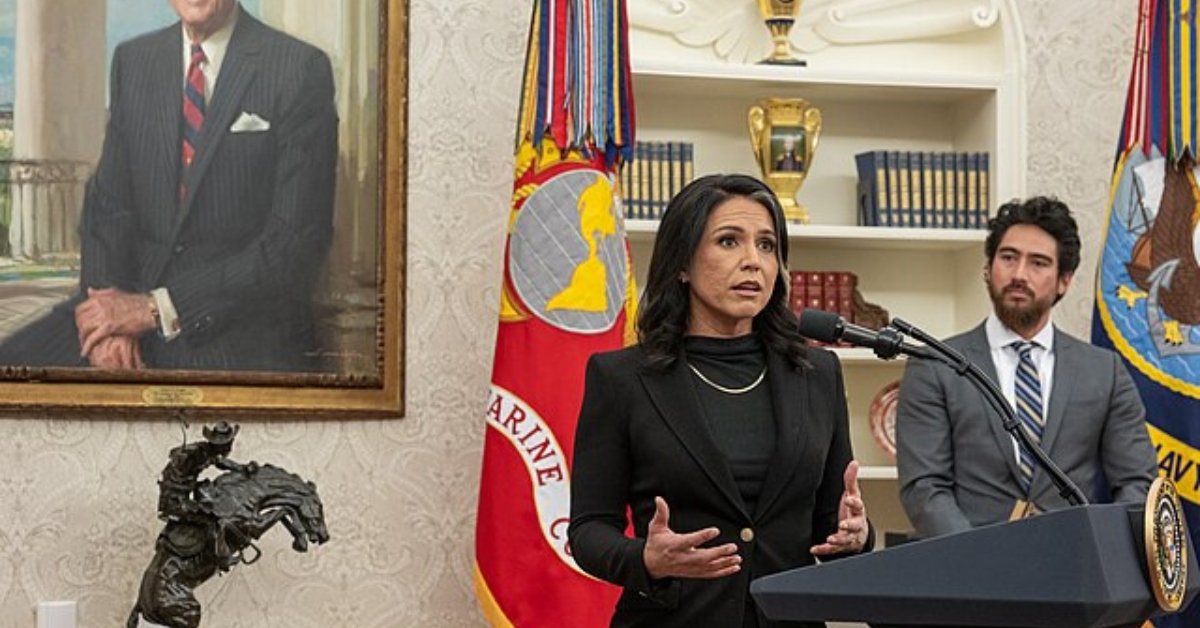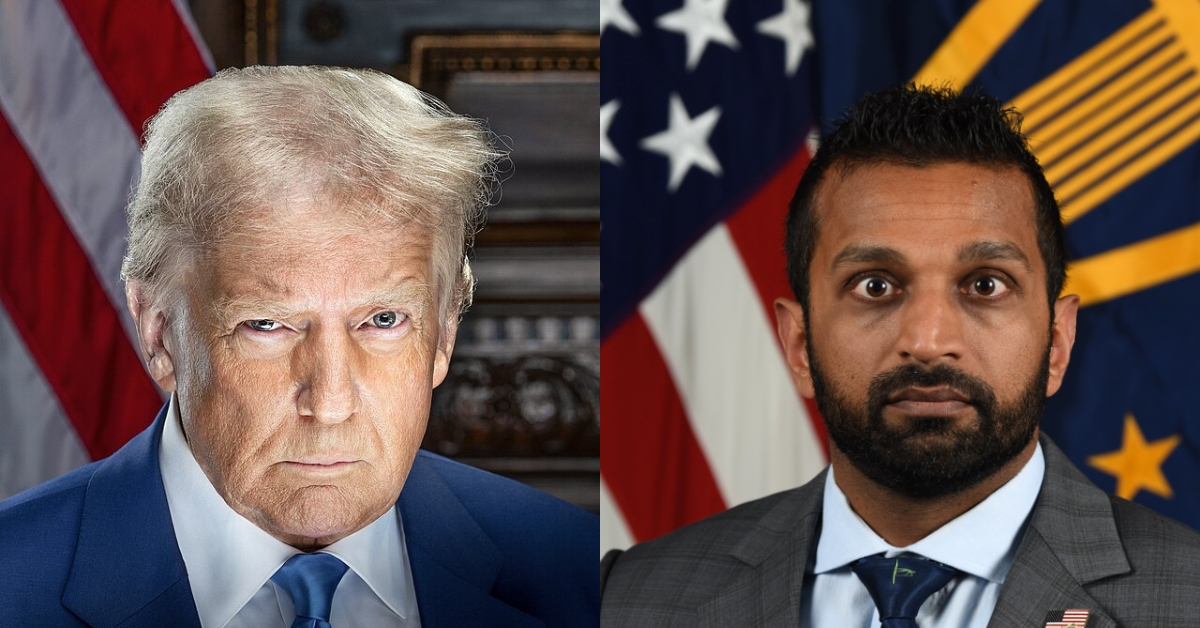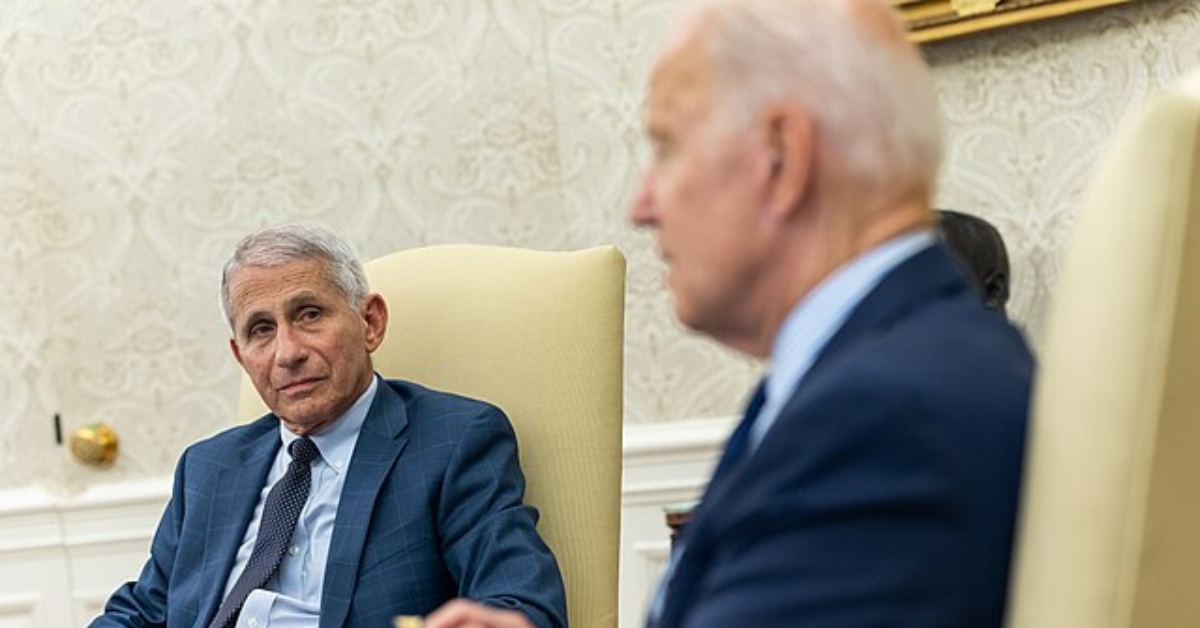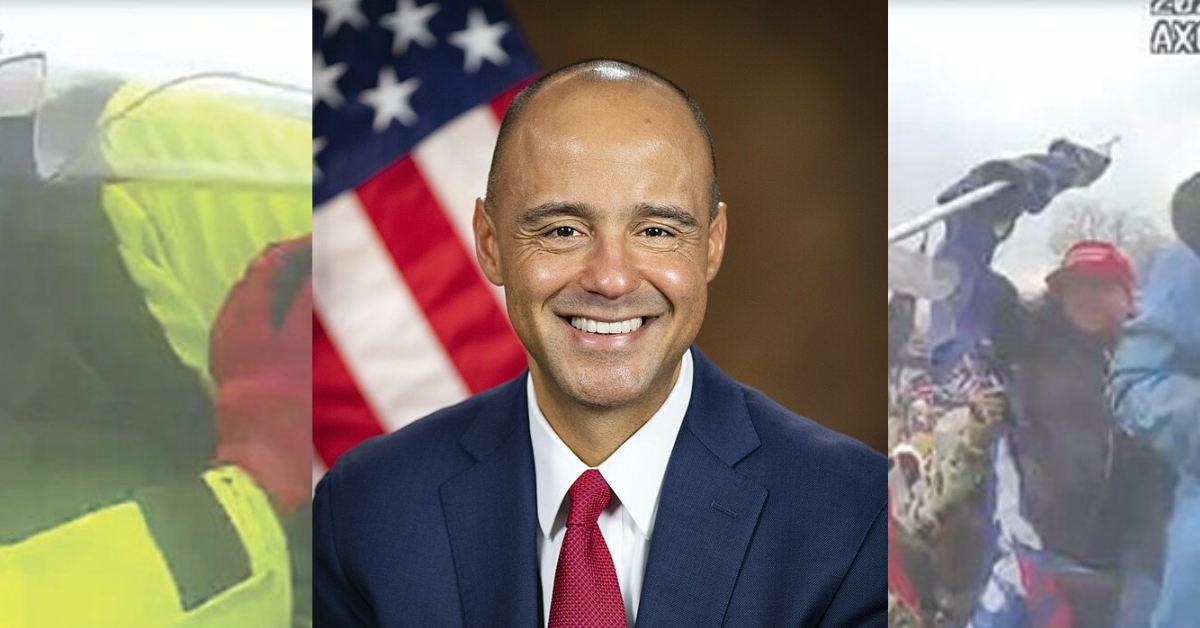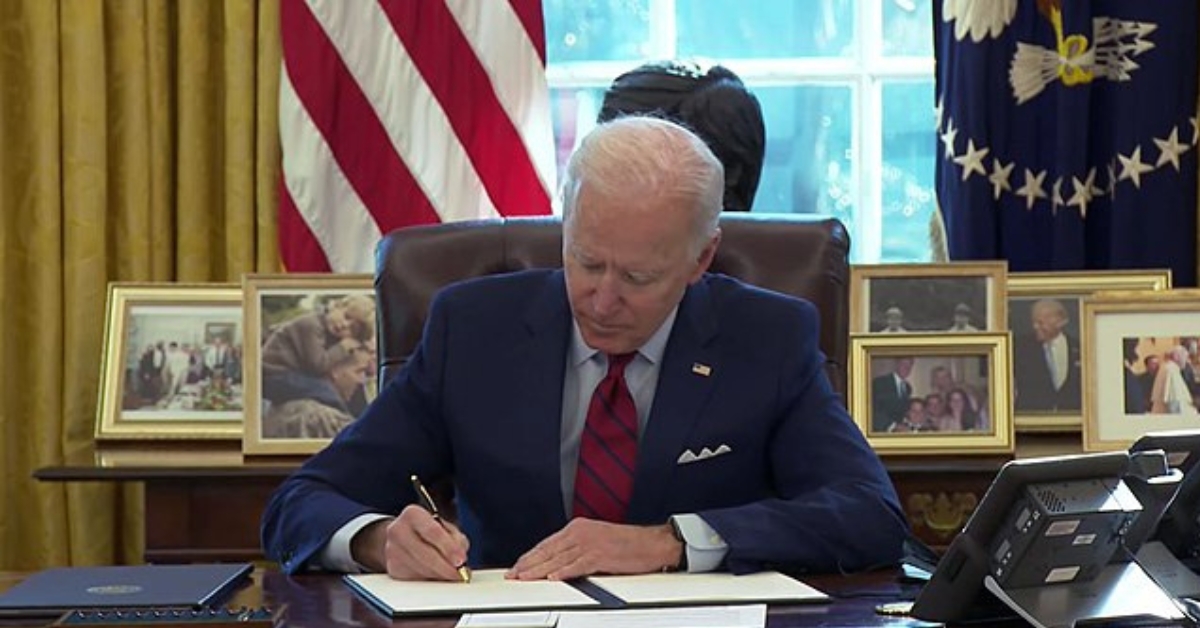
Hunter Biden’s Chinese Business Partner Was Seeking Access to Joe Biden
The Biden family saga, emblematic of the intertwining of politics and personal gain, exposes a troubling reality within Washington’s elite circles. Recent revelations surrounding Hunter Biden’s dealings with Chinese businessman Henry Zhao underscore a disturbing trend where the Biden surname has morphed into a lucrative asset, traded not for its financial acumen but for the political access it guarantees. These developments, surfaced through newly-disclosed emails and congressional testimonies, shed light on the commodification of political influence, challenging the integrity of democratic institutions.
Hunter Biden, leveraging the prestige of his family name, engaged in partnerships that promised not financial ingenuity but unparalleled access to political corridors. This is vividly illustrated in the partnership with Zhao’s Harvest Fund Management, a relationship not anchored in mutual financial interests but in the allure of political connectivity offered by the Biden brand. An internal “Punch List” from the Burnham venture, a firm entangled with Hunter, candidly acknowledged Zhao’s primary interest as access, hinting at the underlying motivations driving these partnerships. The stark admission by Jason Galanis, a convicted partner of Hunter, during his congressional testimony, crystallizes this point. Galanis highlighted the singular value of the Biden name in their business – not expertise or insight, but access to the corridors of power.
The testimonies and documents lay bare the strategic use of Joe Biden’s expected post-vice presidency involvement to lure foreign partners, projecting him as a future asset to the Burnham-Harvest collaboration. This expectation of Joe Biden’s board membership was dangled as a carrot to secure Zhao’s investment, revealing the calculated exploitation of political ties for personal gain. The draft communications with Zhao, despite being later edited, unmask the blatant commodification of the Biden name, with implications of promised access to the highest echelons of power.
Hunter Biden’s pivotal role in this venture was not as a financial guru but as a conduit to political powerhouses, attracting a global roster of investors drawn not to the firm’s fiscal potential but to its political connections. This global consortium, potentially encompassing a Russian oligarch, a Kazakhstani magnate, and Chinese businessmen, reflects a deliberate strategy to monetize the Biden name, overshadowing legitimate business pursuits with the murky allure of political influence.
This narrative, while focusing on Hunter Biden’s dealings, casts a wider shadow over the ethical landscape of American politics, where names and connections overshadow merit and integrity. The Biden saga is symptomatic of a broader problem – the commodification of political access, eroding the foundational principles of democracy and public trust. As the House Oversight Committee peels back the layers on this complex web of influence and access, it beckons a moment of reckoning for American politics, challenging us to confront the uncomfortable truths about power, influence, and the delicate balance between personal gain and public service.
The revelations surrounding Hunter Biden’s business ventures serve as a stark reminder of the vigilance required to safeguard the sanctity of our democratic institutions against the corrosive effects of unchecked influence and access peddling.
